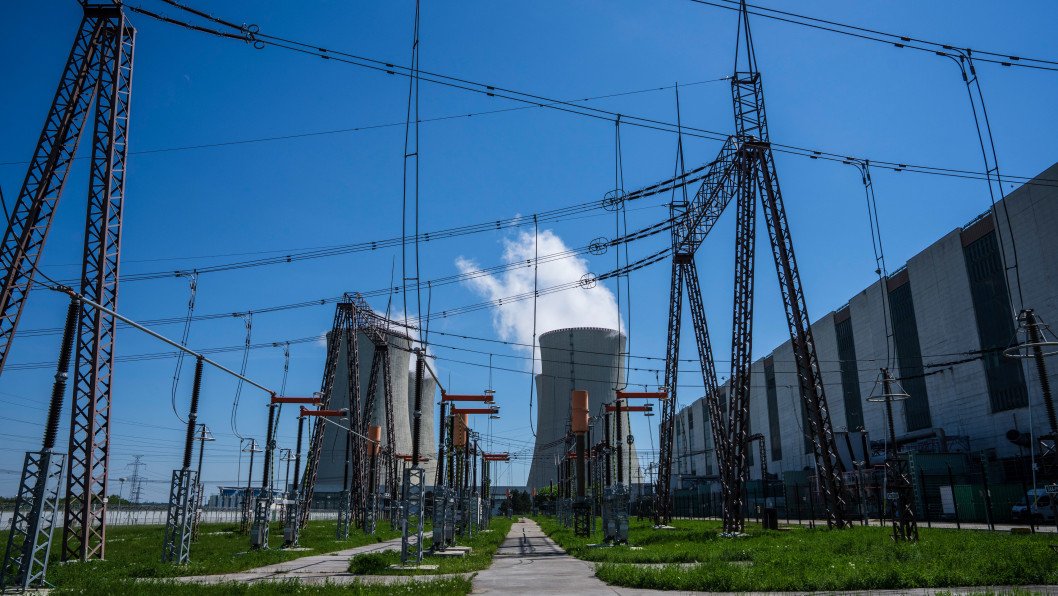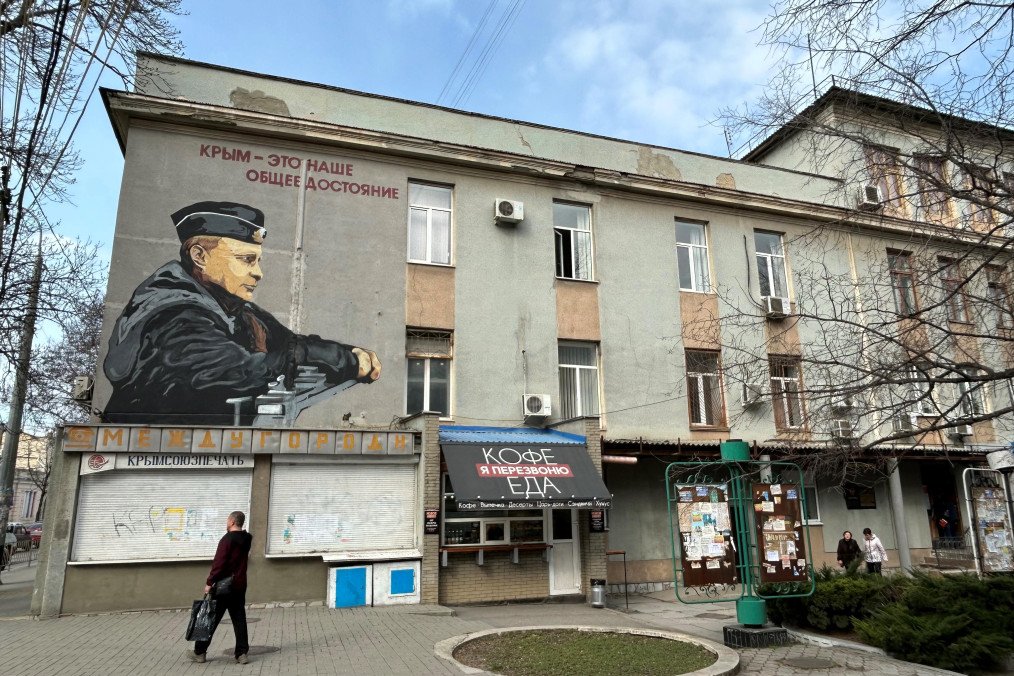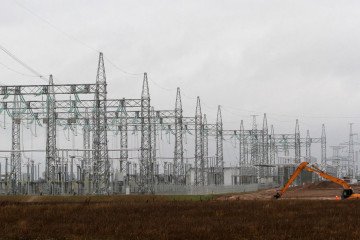The European Union extended its restrictive measures related to the illegal annexation of Crimea and the city of Sevastopol by the Russian Federation until June 23, 2026. The decision was published on the official website of the EU Council on June 16.
The sanctions, initially imposed in 2014, consist of economic and trade restrictions. These measures are aimed at maintaining pressure on Russia over its continued occupation of Ukrainian territory.
According to the EU Council, the restrictions include:
A ban on the import of goods originating from Crimea or Sevastopol into the EU;
Prohibitions on infrastructure or financial investments, as well as on providing tourism services in the region;
Export restrictions on certain goods and technologies to Crimean companies or for use in Crimea, particularly in sectors like transport, telecommunications, energy, and the exploration and extraction of oil, gas, and mineral resources.

“The EU does not recognize and continues to condemn the illegal annexation of Crimea and Sevastopol by Russia, which is a violation of international law,” the Council reiterated in its statement.
These measures were first adopted on July 31, 2014, in response to Russia’s annexation of Crimea and the occupation of Donbas. Following the start of the full-scale invasion in February 2022, the EU significantly broadened its sanctions in reaction to the continued occupation of Ukrainian territories.
Earlier, it was reported that a majority of G7 countries are prepared to move forward with a reduction in the price cap on Russian oil, even if the United States decides not to support the measure.




-c439b7bd9030ecf9d5a4287dc361ba31.jpg)

-72b63a4e0c8c475ad81fe3eed3f63729.jpeg)


